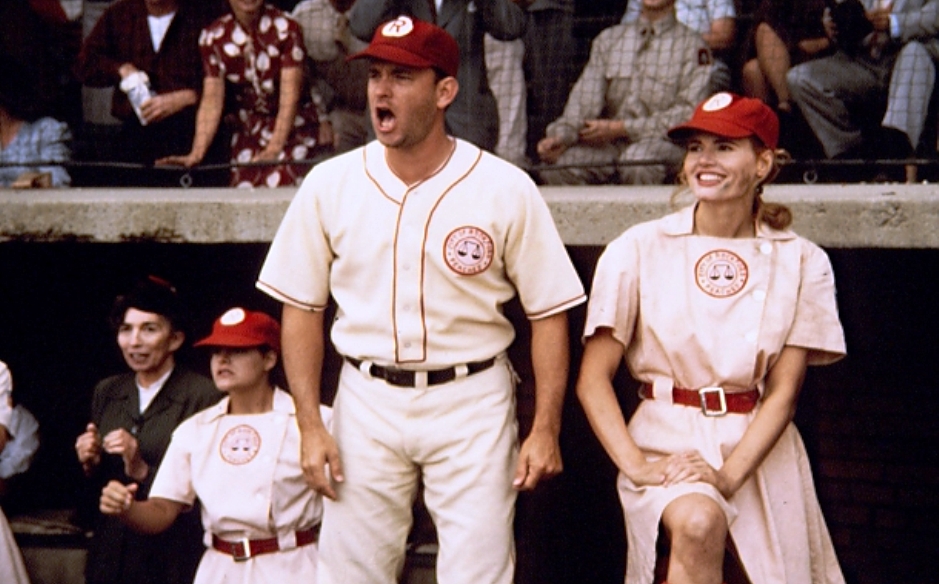In my book, What Do You Stand For?, holocaust survivor Judy Meisel writes, “The statement, ‘What can I do, I’m only one person?’ upsets me. One person can do a lot!”
That phrase came to mind while I was reading a paper from one of my New Hampshire students.

“I have done some good things for people, but I have done more bad things to them. I think I forgot about the Golden Rule. I never really practiced it and it wasn’t until now that I realized that. I have been called lots of names (which I can’t put in a school paper) because of how insensitive I am to others. It never really bothered me until now and I think it’s time for a change.”
It’s rare to receive this kind of specific reaction from a book I’ve written. The fact that this student was “…inspired to re-evaluate how I do things,” goes a long way to support Judy Meisel’s “One person can do a lot” conviction.
Over the past week I have received several personal e-mails from students telling me how much they enjoyed the class. One wrote to say, “I was sad to see it end”; a very gratifying compliment due, in no small part to the structure and safe atmosphere created by Professor Stephen Ambra.
On the first day of class, Ambra made clear that he wanted the students to feel safe in expressing their thoughts or opinions. As a result, the students demonstrated a level of respect and candor that was both welcoming and motivating to be around. In fact, reflecting back, it seems that most students, if not all expressed the principles discussed in class.
They were honest and straightforward in conversations, treated others in a respectful manner. They were considerate and patient. They were responsible, and met their commitment to show up and do the work that was expected. And they were diligent and cooperative in their work with others.
Spending time with the students in Concord refreshed my own thinking. It re-established the notion that most of us, most of the time want to do the right thing. We want to be able to trust as well as have others trust us. We want to be individuals of good character. The problem comes – as we clearly see from news stories – when we have to make a choice between what we want and who we want to be.
“I believe the world we live in has become so complicated that many cannot distinguish between right and wrong,” one student wrote, “or at the very least can’t decide on a day-to-day basis what they stand for… Showing compassion and respect for others, being honest and just, being loyal and true – those are easy to aspire to, but much harder to practice daily.”
Late in the Tom Hanks, Geena Davis film, A League of Their Own, Dottie Hinson tries to explain to manager Jimmy Dugan why she’s leaving the team before the end of the season.
“It just got too hard,” Dottie says.
“It’s supposed to be hard,” Dugan tells her. “If it wasn’t hard, everyone would do it.”
If ethics were easy, everyone would be doing it. The reality is that each of us will face situations that will test our character. Many will be hard, but it is how we face those challenges that will ultimately determine the purpose and course of our lives.
I extend my thanks to Stephen Ambra and the administration at N.H.T.I. for inviting me to join Steve in his class.
Most of all, I thank the students for welcoming me into their class. To The League of 36 – Abby, Amanda, Amy, Ashley C., Ashley K., Britney, Caitlin, Caroline, Chelsea, Chris, Craig, Elizabeth, Elys, Gina, Holly, Ivonne, Jean-Pierre, Jeremy, Kristi, Krystal, Kyle, Mike, Nina, Ross, Samuel B., Sam D., Sam “Red” L., Sherri, Stephanie B., Stephanie H., Stephanie O., Paige, Tina, Tom, Trudy and Valerie.
Comments









